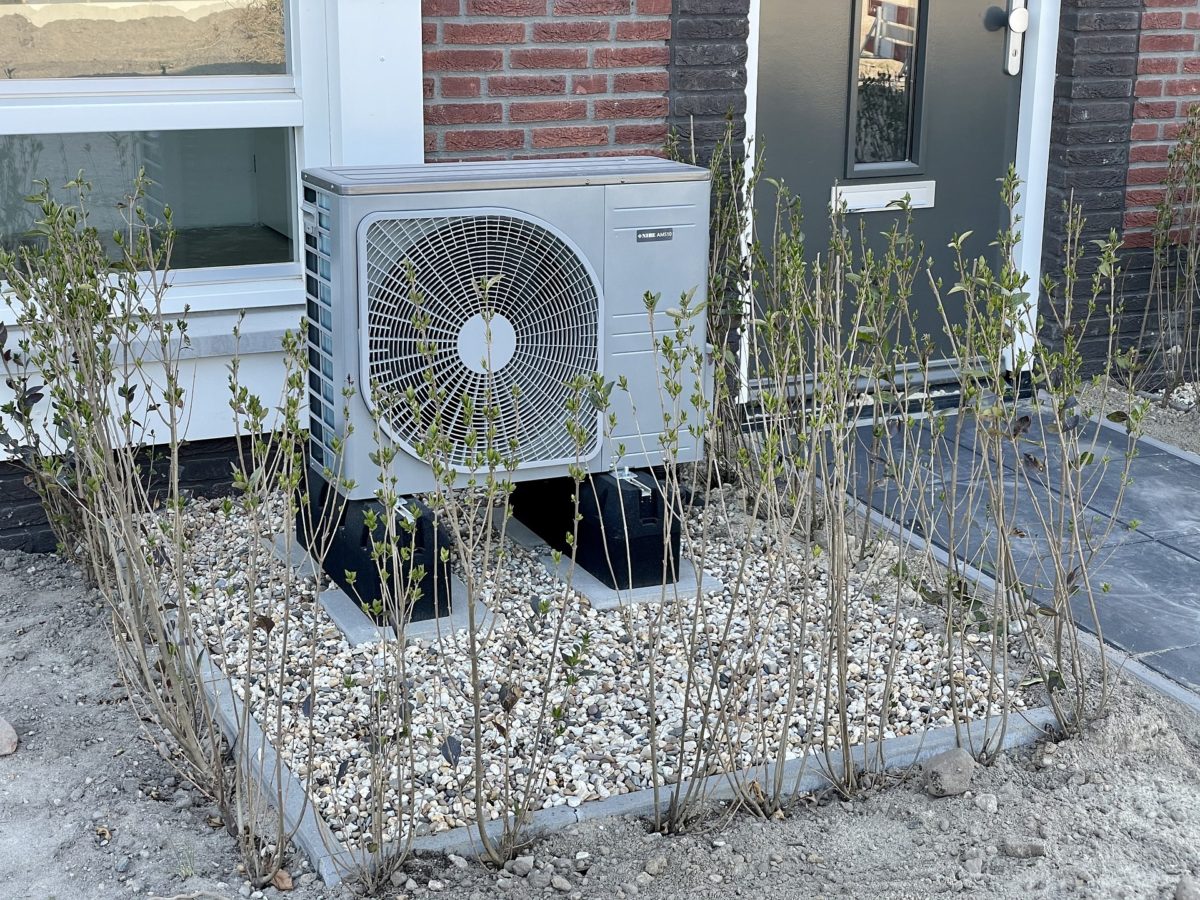From pv magazine Germany
The debate about the Building Energy Act and the proposed ban on new oil and gas heating systems in the not too distant future appear to have triggered a boom in heating modernization in Germany.
According to the Federation of German Heating Industry (BDH), sales figures in the heat generator market rose by 38 percent to 306,500 systems sold in the first quarter of 2023. Heat pumps were in particularly high demand. The sale of 96,500 units means an increase of 111% compared to the first quarter of 2022.
Gas heaters also found more buyers than in the same period last year, however, and are clearly ahead of heat pumps. The BDH recorded growth of 14% to 168,000 systems following an 8% decline in the first quarter of 2022, largely due to the difficult gas supply situation after the outbreak of the Ukraine war.
The growth in new oil heating systems was even stronger, with sales doubling compared to the same quarter of the previous year to 21,500 systems. However, their market share in the overall heating market is rather marginal at 7%. According to the BDH, pellet heating systems have become less significant, dropping in sales by 11%, which the federation attributes to the massive reduction in state subsidies since August 2022.
“We welcome the trend towards modernizing heating technology,” said BDH managing director Markus Staudt. “It's good for the climate, the German economy and, of course, the citizens too, since modern, efficient heating systems reduce energy requirements.”
The federation, however, renewed its criticism of subsidy cuts for biomass heating systems, expressing concern about the imbalance in growth.
“While the heat pump manufacturers are working at the limit, there is still great potential for biomass, which as a climate-neutral and renewable energy source can also make an important contribution to the heat transition,” Staudt stressed.
With a view to further market development, the BDH assumes that volatile energy prices will be a main factor in increasing demand. However, high inflation and rising interest rates could reduce consumers’ purchasing power. The slump in the market for new buildings is another obstacle. Overall, however, the federation expects sustained growth in heating sales of well over 10%. Heat pumps are likely to account for the largest share.
BEE: The Building Energy Act must not be put on the back burner
Chancellor Olaf Scholz’s cabinet also passed the draft Building Energy Act on Monday but it has yet to be passed. The federal states are to discuss it on Friday and will likely propose postponing the legal requirements to 2027. The German Renewable Energy Federation (BEE) takes a critical view of this.
“Proposals to postpone the law until 2027 thwart planning security for the companies that are now investing on a large scale and let people believe that they can continue as before,” said BEE President Simone Peter. “Following the European Parliament, however, the Council has just approved a comprehensive change to the emissions trading directive at EU level, which is expected to make fossil fuels more expensive. Climate protection and international competition for climate protection technologies are not waiting, as the Viessmann deal shows,” Peter continued.
The BEE considers the Building Energy Act reform long overdue. It must now be implemented and not put off, but socially balanced, it argues. Additional costs, for example, should be divided fairly between tenants and landlords. “With a few repairs, such as using the entire range of domestic renewable energy sources and better social cushioning, it will become cheaper and more efficient for everyone in the long term. This is the only way to create the necessary acceptance for the measures,” said Peter.
This content is protected by copyright and may not be reused. If you want to cooperate with us and would like to reuse some of our content, please contact: editors@pv-magazine.com.




4 comments
By submitting this form you agree to pv magazine using your data for the purposes of publishing your comment.
Your personal data will only be disclosed or otherwise transmitted to third parties for the purposes of spam filtering or if this is necessary for technical maintenance of the website. Any other transfer to third parties will not take place unless this is justified on the basis of applicable data protection regulations or if pv magazine is legally obliged to do so.
You may revoke this consent at any time with effect for the future, in which case your personal data will be deleted immediately. Otherwise, your data will be deleted if pv magazine has processed your request or the purpose of data storage is fulfilled.
Further information on data privacy can be found in our Data Protection Policy.